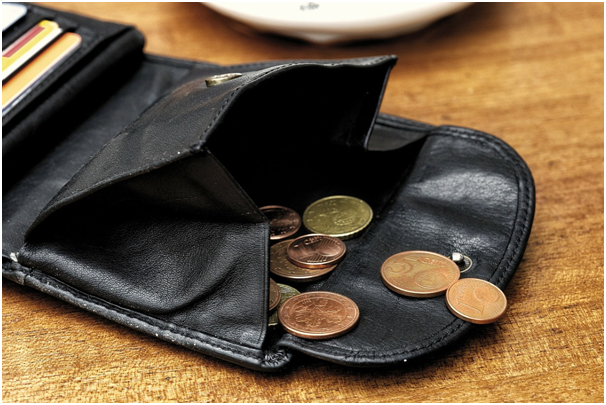Borrowers end up with a poor credit rating for many different reasons, and more often than not this is through no fault of their own. What lenders do not take into consideration is that many borrowers are often faced with life difficulties that make it difficult for them to pay off their debts, such as being made redundant from a job, causing loss of income. If you have found yourself in a situation where you have a poor credit rating and are unable to borrow any further money until it is improved, it’s important that you take the necessary steps in order to ensure that no further damage is done. Damaging your credit rating further will only result in it being harder to improve, so follow these top tips to ensure that the number doesn’t decrease any further.
Don’t Get Credit Checked
If you have poor credit, applying for more and undergoing further credit checks can only be detrimental to your credit file if you are declined. There is no way to tell whether or not you will be accepted for a line of credit, as even lenders who market themselves as being for borrowers with poor credit still have a minimum credit rating that borrowers must fulfil. If you really need to borrow money, the best option to go for is no credit check loans. Although the interest rate on this type of credit line is often much higher than others, you are usually guaranteed a loan without having to pass a credit check, meaning that no further damage is done to your credit file.
Make Repayments

If you still have active lines of credit on your credit file, it’s important that you make any repayments that are requested of you. If you have defaulted or missed any payment for home loans, car loans or others this may be quite costly to do initially, however once you have paid any arrears or back payments, you will find that the monthly repayments will usually go back to normal, and in some cases can be even lower. If you credit line has been passed over to a debt collection agency, most are happy with a repayment arrangement – paying a small amount back each month is better than paying none. Continuing to make repayments in full and on time will serve to improve your credit rating, although it may be a gradual improvement.
Pay It Off

If you have any lines of credit still active that only have a small remaining balance, often the best thing that you can do is make a full repayment in order to close the balance on that particular credit line. Any defaults or missed payments are likely to stay on your file for up to six or so years from the date that the balance was closed, however the sooner you pay it off, the sooner it will be removed from your credit file. If you plan to make a repayment in full, contact your creditor as many are happy to give some discount to borrowers looking to close their balance in this way.
Check Your Credit File
It is surprising how many borrowers do not check their credit file regularly. Sometimes, credit ratings can be affected by mistakes or even fraud related to your lines of credit, and failing to check your credit file could result in these things being overlooked, meaning that your credit score is not actually as low as you think that it is. Obtain a copy of your credit file and go over it carefully to look for any mistakes or anything that you don’t think is right, which you can then discuss with your creditors and dispute it if necessary.
Rebuilding Your Credit
Once you have paid off all of your existing lines of credit, it’s time to start work on rebuilding your credit rating. Most people won’t wait the full amount of time for their credit file to reset, which is why there are credit building credit cards, pre-paid cards and other options available to borrowers who wish to improve their credit rating. Choose the lines of credit that you apply for carefully, and don’t expect borrowers to lend you much initially. Be careful and responsible with repayments and only borrow as much as you can afford to pay back in order to avoid falling into difficulty again.



